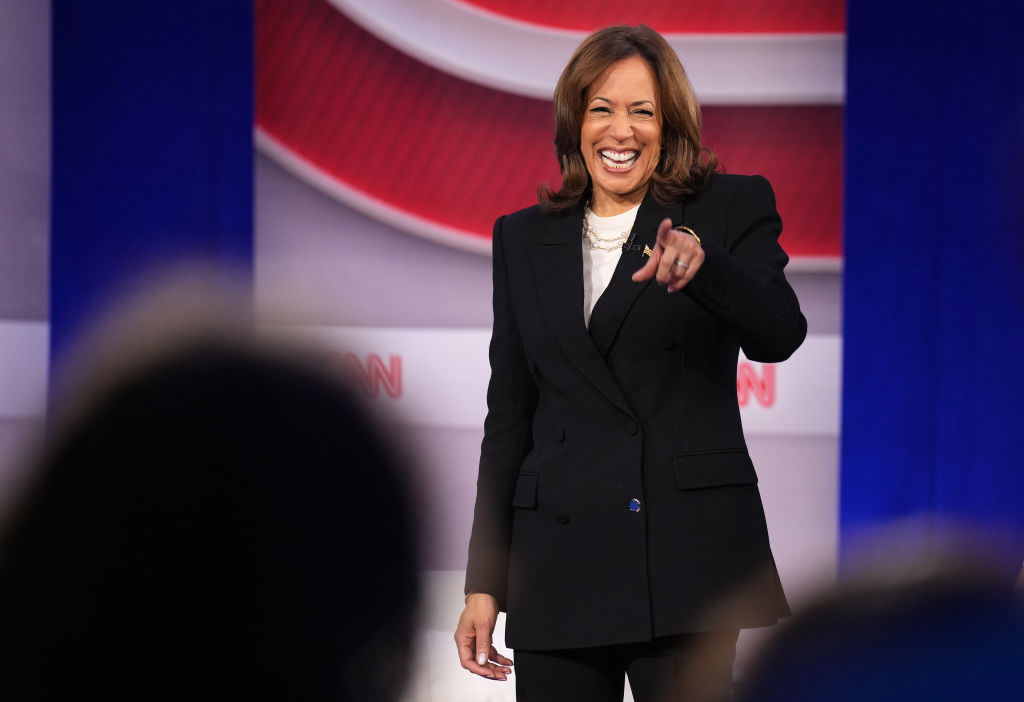
Kamala Harris’s Decision-Making Process for Her Running Mate
In her memoir 107 Days, former Vice President Kamala Harris shared insights into the complex process of selecting her running mate. The decision involved consultations with high-profile figures, including former President Bill Clinton and former Secretary of State Hillary Clinton. This move has drawn attention, especially as some critics questioned the choice of Minnesota Governor Tim Walz, who was seen as less prominent compared to other potential candidates.
Harris revealed that she had initially favored former Transportation Secretary Pete Buttigieg. However, she ultimately chose Walz due to strategic concerns about the election. The decision was not made lightly, as Harris emphasized the importance of finding a running mate who could complement her campaign’s energy and vision.
Seeking Advice from the Clintons
One of the key steps in Harris’s decision-making process was reaching out to the Clintons. She described them as individuals who understood the challenges of such a critical choice. Harris noted that they offered candid and confidential advice, which she valued greatly. “Very few people have ever made this decision,” she wrote. “I called Hillary and Bill Clinton because they knew what it was like and would give me candid and confidential advice.”
The Clintons warned Harris against choosing a running mate based on convenience rather than genuine compatibility. They emphasized that the relationship between a presidential candidate and their vice-presidential pick should reflect a strong partnership. “They said, ‘One of your strengths is that you bring a joyful energy to the campaign. You have to choose someone who won’t work against that.’” According to Harris, the Clintons also cautioned that voters would be able to tell if the relationship was authentic or simply political.
The Importance of Dignity and Support
Harris also highlighted the importance of selecting a running mate who values the dignity of everyone. She explained that she wanted someone who would show respect and compassion, even in challenging moments. “We all hope to be mentored. We all hope to have support from those who come before. Sometimes it happens, sometimes it doesn’t. And certainly that’s true of politics,” she reflected.
She further expressed admiration for Hillary Clinton, noting that she believes in lifting others up and supporting them. “Hillary Clinton is one of those people that believes in lifting people up and supporting people,” Harris said.
The Impact of the Choice
Despite the thoughtful process behind her decision, Harris’s choice of Tim Walz drew some criticism. Some argued that a more well-known figure, such as Pennsylvania Governor Josh Shapiro, might have been a stronger option. However, Harris stood by her decision, emphasizing that Walz’s qualities aligned with her campaign’s goals.
Walz, often referred to as Harris’s “happy warrior,” brought a unique perspective to the ticket. His selection was seen as an effort to balance the campaign with a leader who could resonate with a broad range of voters. Harris believed that Walz’s commitment to public service and his ability to connect with people made him a valuable partner.
Final Thoughts
Harris’s memoir offers a glimpse into the intricate dynamics of political decision-making. By consulting experienced leaders like the Clintons, she aimed to ensure that her choice was both strategic and meaningful. While the selection of Walz sparked debate, it reflects the careful considerations that go into forming a presidential ticket. Ultimately, Harris’s approach highlights the importance of mentorship, authenticity, and shared values in shaping a successful campaign.

Post a Comment